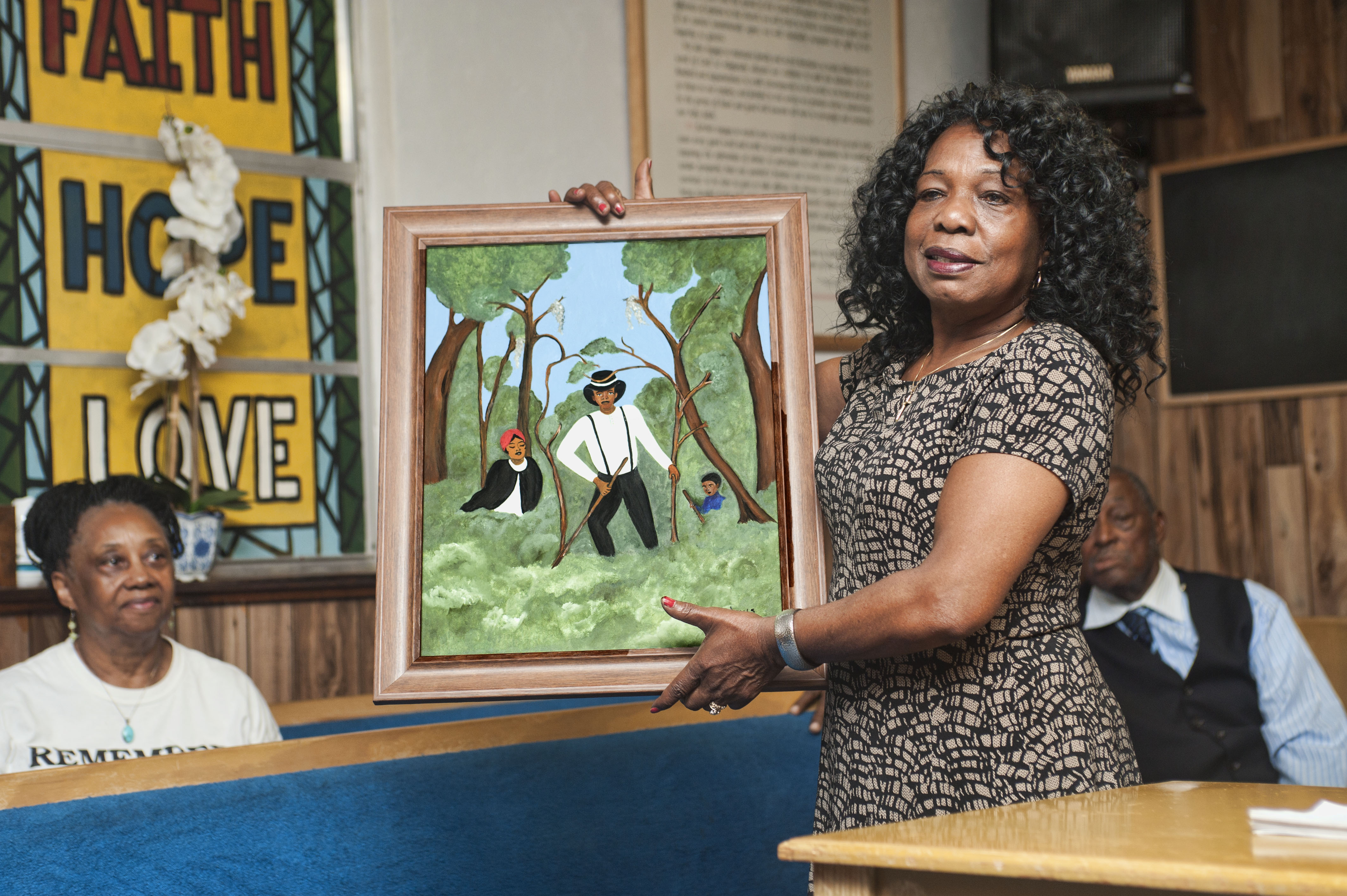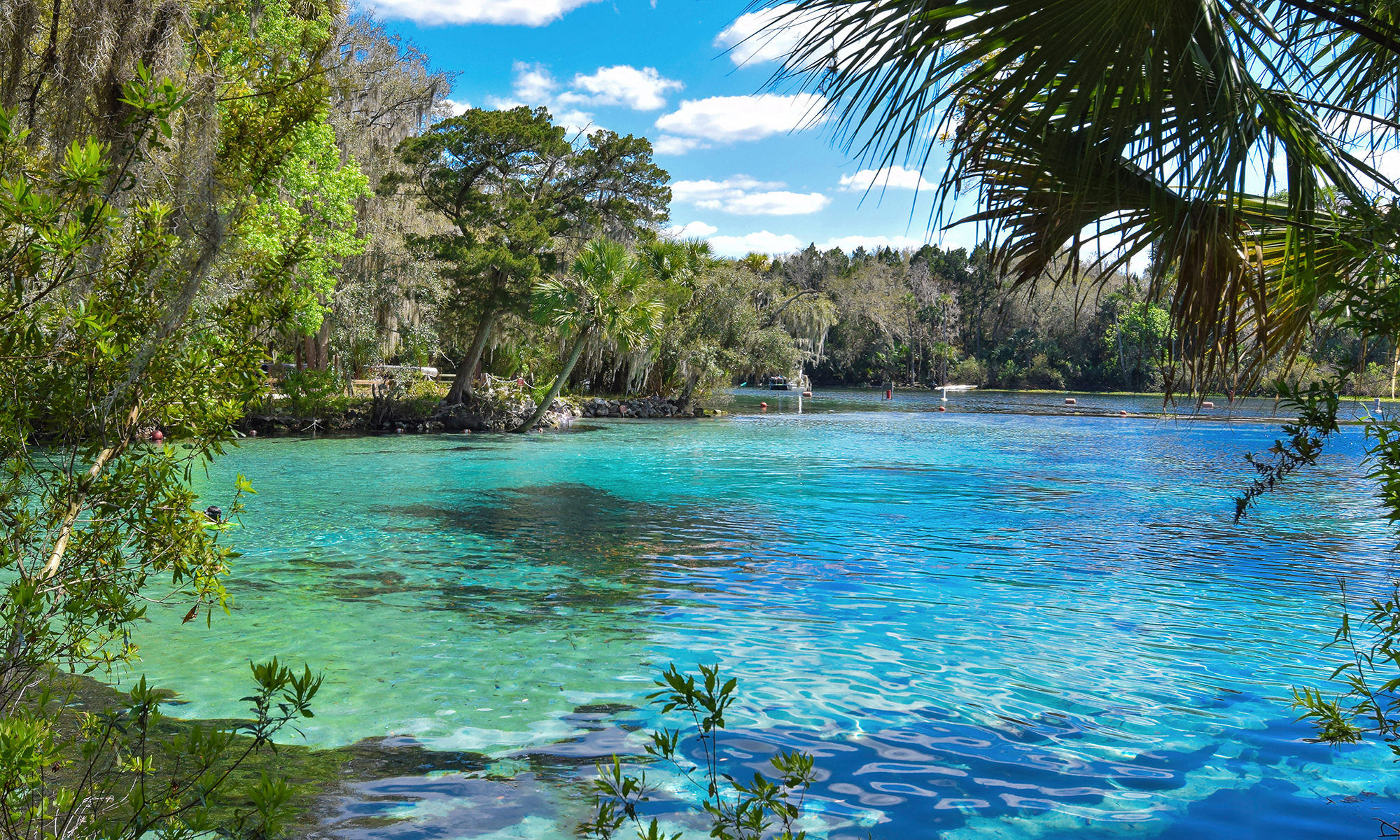High school students enjoy a different kind of summer camp.
Water is Florida’s largest resource. UF’s Center for the Humanities and the Public Sphere, in collaboration with UF’s Center for Precollegiate Education and Training, has developed a distinctive weeklong program that teaches high schoolers Florida history and culture through the perspective of water use — or misuse. In its third year, Humanities and the Sunshine State provides an immersive, interdisciplinary experience through activities not only such as canoeing, storytelling, and crafting, but also research methods.
Sophia Acord, associate director of the Center for the Humanities and the Public Sphere, and Steve Noll, master lecturer in the Department of History, have worked closely together to develop the program with representatives of various UF departments and academic centers.
“The question becomes how to protect interests … not just [for] environmentalists but business groups too.”
Students learn about the practice of oral history. One of the most profound endeavors is the visit to Rosewood, Fla. “Students were shocked that they had never heard about Rosewood,” says Acord. Noll recalls the tears of students watching the film about the 1923 massacre and visiting the well where children hid during the riots.

The summer program includes a trip to Rosewood, Fla., where students learn about the 1923 massacre of its black citizens. From left to right: Sherry DuPree (HSS guest instructor and historian with the Rosewood Heritage Foundation), Carolyn Cohen (local artist, historian, and author living in Levy County), the Rev. W. Hunt (Pastor of the Mt. Pleasant Baptist Church in Chiefland, FL).Robert Landry
The program was initiated by the Florida Humanities Council, the state’s representative of the National Endowment for the Humanities. Florida is “ground zero” for things like “hurricanes, sea level rise, groundwater pollution, and destruction of the springs,” says Noll. Considering the primacy of Florida’s tourism industry and the springs and beaches as economic drivers of the state, the question becomes how to protect interests, which belong to “not just tree-hugging environmentalists, but business groups too,” he adds. The program draws a line from the past to the future, highlighting the connections among art, agriculture, and artifacts flowing through Florida’s waters.
Humanities and the Sunshine State is open to all high school rising juniors and seniors.
To support the people, program, or research featured in this story, please visit
